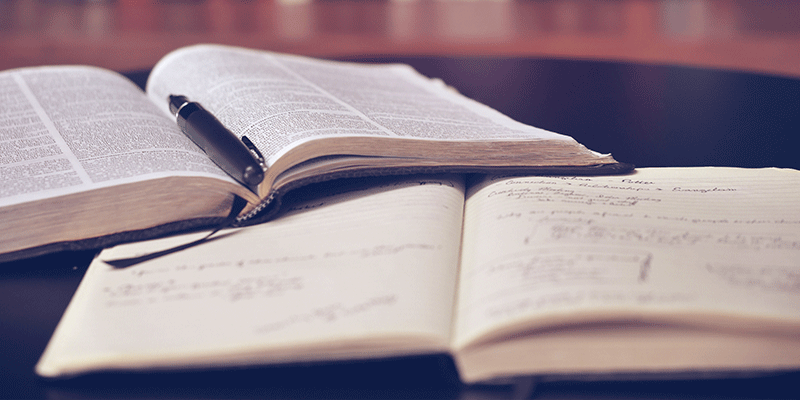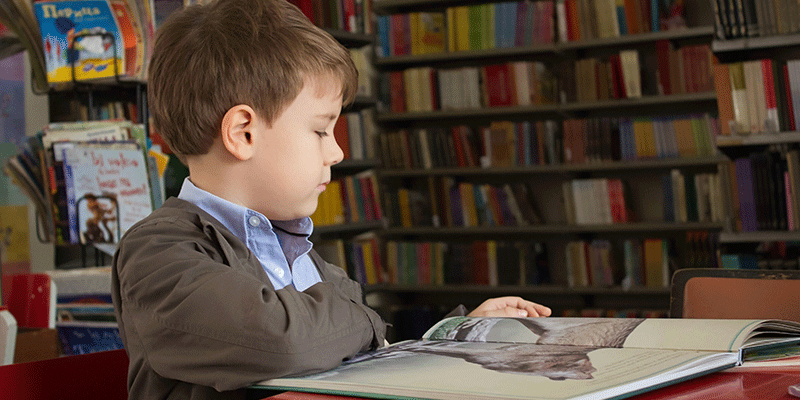
Your three-year-old will spend most of her waking hours questioning everything that happens around her. She loves to ask “Why do I have to … ?” and she’ll pay close attention to your answers as long as they’re simple and to the point. Don’t feel that you have to explain your rules fully; she can’t yet understand such reasoning and isn’t interested in it anyway. If you try to have this kind of “serious” conversation, you’ll see her stare into space or turn her attention to more entertaining matters, such as a toy across the room or a truck passing outside the window. Instead, telling her to do something “because it’s good for you” or “so you don’t get hurt” will make more sense to her than a detailed explanation.
Your child’s more abstract “why” questions may be more difficult, partly because there may be hundreds of them each day and also because some of them have no answers—or none that you know. If the question is “Why does the sun shine?” or “Why can’t the dog talk to me?” you can answer that you don’t know, or invite her to look into the question further by finding a book about the sun or about dogs. Be sure to take these questions seriously. As you do, you help broaden your child’s knowledge, feed her curiosity, and teach her to think more clearly.
When your three-year-old is faced with specific learning challenges, you’ll find her reasoning still rather one-sided. She can’t yet see an issue from two angles, nor can she solve problems that require her to look at more than one factor at the same time. For example, if you take two equal cups of water and pour one into a short, fat container and the other into a tall, skinny one, she’ll probably say the tall container holds more water than the short. Even if she sees the two equal cups to start with and watches you pour, she’ll come up with the same answer. By her logic, the taller container is “bigger” and therefore must hold more. At around age seven, children finally understand that they have to look at multiple aspects of a problem before arriving at an answer.
At about three years of age, your child’s sense of time will become much clearer. Now she’ll know her own daily routine and will try hard to figure out the routines of others. For example, she may eagerly watch for the mail carrier who arrives every day, but be perplexed that trash is picked up only one day out of seven. She’ll understand that certain special events, such as holidays and birthdays, occur every once in a while, but even if she can tell you how old she is, she’ll have no real sense of the length of a year.
But if you have any questions or concerns about your three-year-old’s development, you should discuss it with your pediatrician. If he agrees that there is reason for concern, he will refer your child for further testing.
Last Updated 11/2/2009
Source Caring for Your Baby and Young Child: Birth to Age 5 (Copyright © 2009 American Academy of Pediatrics)
The information contained on this Web site should not be used as a substitute for the medical care and advice of your pediatrician. There may be variations in treatment that your pediatrician may recommend based on individual facts and circumstances.






